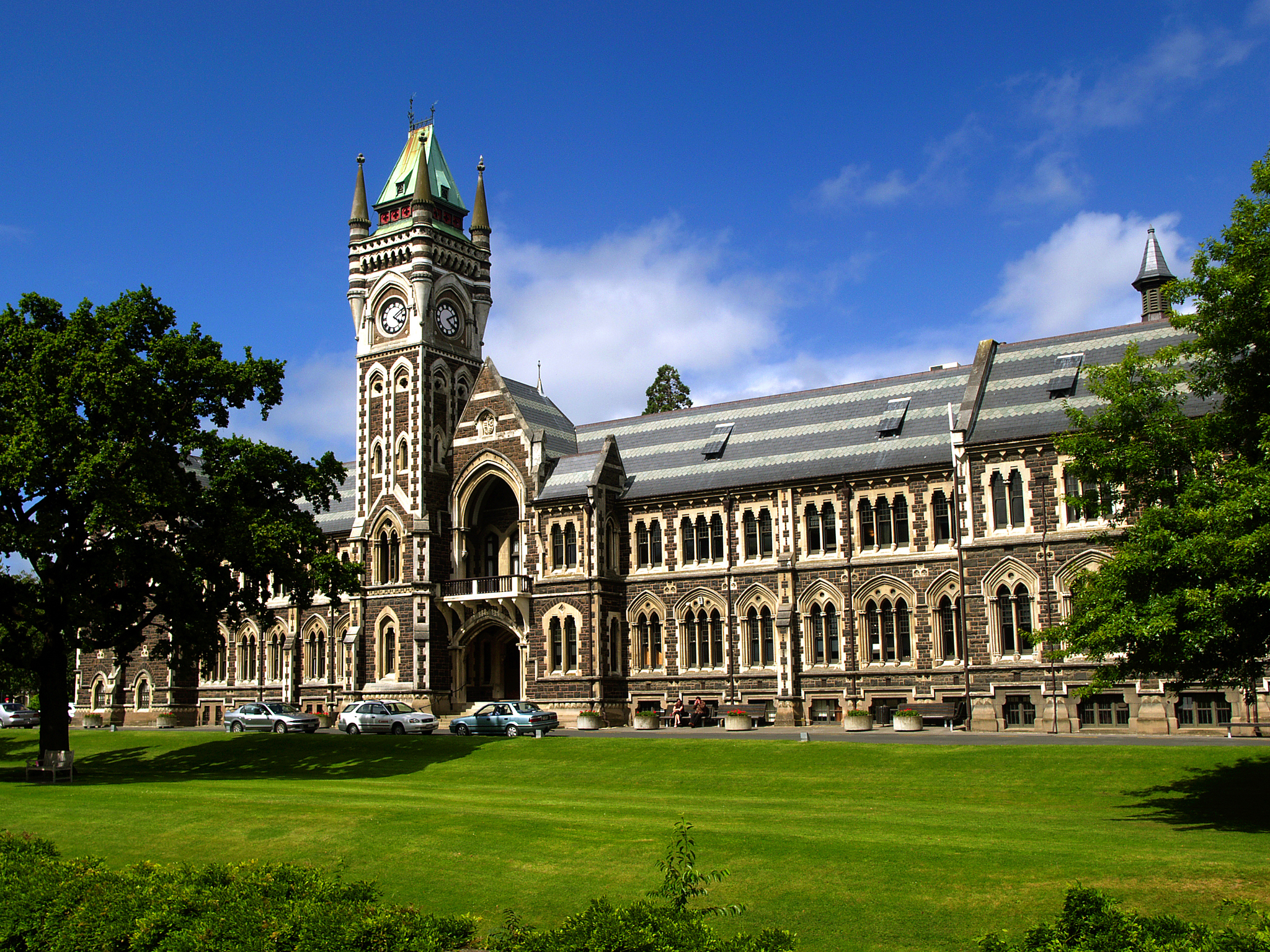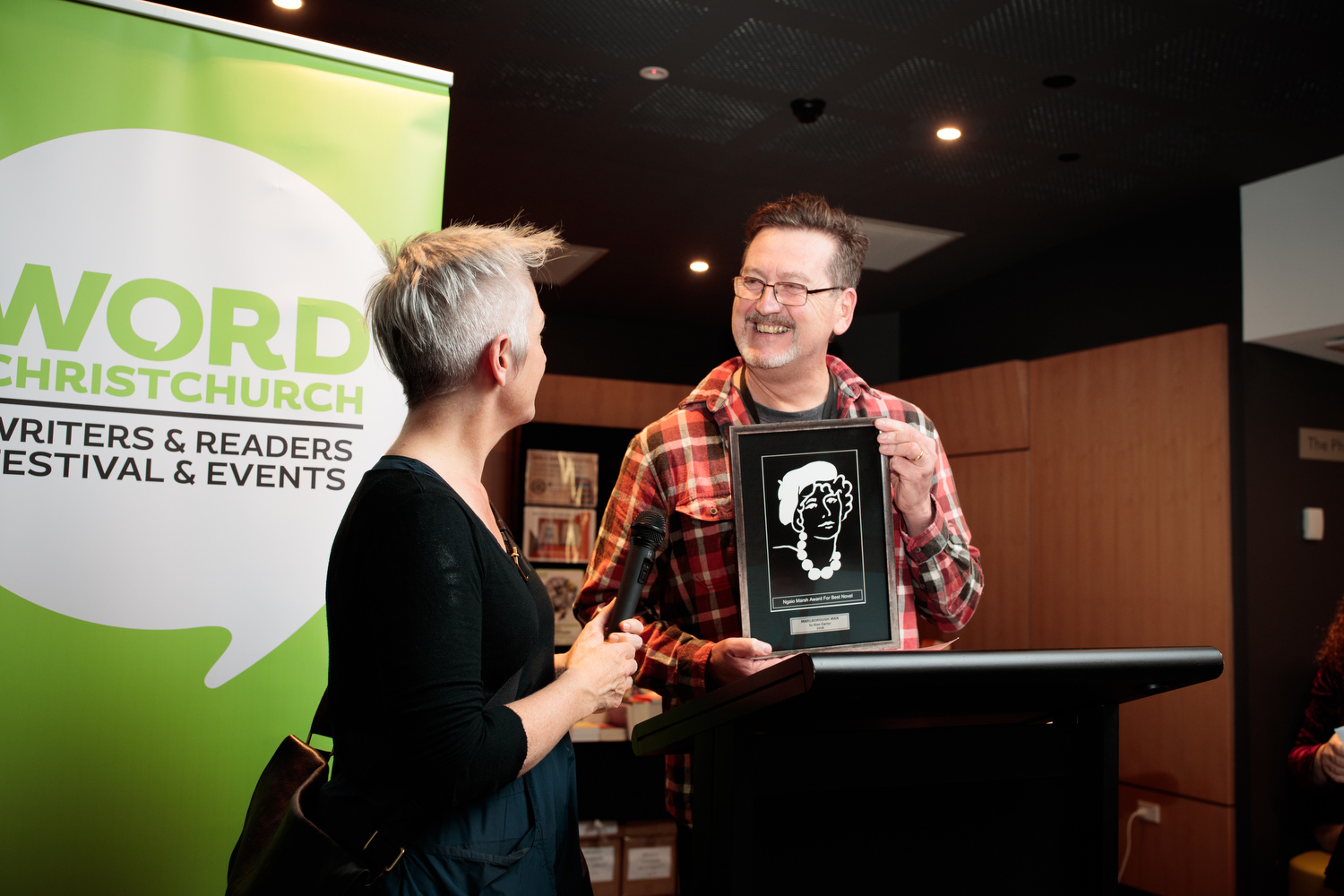|
Liam McIlvanney
Liam McIlvanney is a Scottish-born crime fiction writer and academic at the University of Otago, New Zealand, and the inaugural holder of the Stuart Chair in Scottish studies at Otago. He is the son of William McIlvanney. Works Fiction *''All the Colours of the Town'' (2009) * ''Where the Dead Men Go'' (2013) * ''The Quaker'' (2018) * ''The Heretic'' (2022) Nonfiction * ''Burns the Radical: Poetry and Politics in Late Eighteenth-Century Scotland'' (2002) Awards * The Saltire First Book Award * Ngaio Marsh Award The Ngaio Marsh Awards (formerly Ngaio Marsh Award), popularly called the Ngaios, are literary awards presented annually in New Zealand to recognise excellence in crime fiction, mystery, and thriller writing. The Awards were established by jour ... for Best New Zealand Crime Novel (2014) * McIlvanney Prize for the Scottish Crime Book of the Year (2018) References External links Author's website Living people Scottish emigrants to New Zealand Scottish ... [...More Info...] [...Related Items...] OR: [Wikipedia] [Google] [Baidu] |
University Of Otago
, image_name = University of Otago Registry Building2.jpg , image_size = , caption = University clock tower , motto = la, Sapere aude , mottoeng = Dare to be wise , established = 1869; 152 years ago , type = Public research collegiate university , endowment = NZD $279.9 million (31 December 2021) , budget = NZD $756.8 million (31 December 2020) , chancellor = Stephen Higgs , vice_chancellor = David Murdoch , administrative_staff = 2,246 (2019) , academic_staff = 1,744 (2019) , students = 21,240 (2019) , undergrad = 15,635 (2014) , postgrad = 4,378 (2014) , doctoral = 1,579 (2019) , other = , city = Dunedin , province = Otago , country = New Zealand (Māori: ''Ōtepoti, Ōtākou, Aotearoa'') , coor = , campus = Urban/University town 45 ha (111 acres) , colours = Dunedin Blue and Gold , free_label = Student Magazine , free = ''Critic'' , affiliations = MNU , website https://www.otago.ac.nz, logo = Logo of the University of Otago.svg The Unive ... [...More Info...] [...Related Items...] OR: [Wikipedia] [Google] [Baidu] |
New Zealand
New Zealand ( mi, Aotearoa ) is an island country in the southwestern Pacific Ocean. It consists of two main landmasses—the North Island () and the South Island ()—and over 700 smaller islands. It is the sixth-largest island country by area, covering . New Zealand is about east of Australia across the Tasman Sea and south of the islands of New Caledonia, Fiji, and Tonga. The country's varied topography and sharp mountain peaks, including the Southern Alps, owe much to tectonic uplift and volcanic eruptions. New Zealand's capital city is Wellington, and its most populous city is Auckland. The islands of New Zealand were the last large habitable land to be settled by humans. Between about 1280 and 1350, Polynesians began to settle in the islands and then developed a distinctive Māori culture. In 1642, the Dutch explorer Abel Tasman became the first European to sight and record New Zealand. In 1840, representatives of the United Kingdom and Māori chiefs ... [...More Info...] [...Related Items...] OR: [Wikipedia] [Google] [Baidu] |
William McIlvanney
William McIlvanney (25 November 1936 – 5 December 2015) was a Scottish novelist, short story writer, and poet. He was known as Gus by friends and acquaintances. McIlvanney was a champion of gritty yet poetic literature; his works ''Laidlaw'', '' The Papers of Tony Veitch'', and ''Walking Wounded'' are all known for their portrayal of Glasgow in the 1970s. He is regarded as "the father of '' Tartan Noir''" and as Scotland's Camus. Biography McIlvanney was born in Kilmarnock on 25 November 1936, the youngest of four children of a former miner, and attended school at Kilmarnock Academy. He went on to study English at the University of Glasgow and graduated with an MA in 1960. McIlvanney then worked as an English teacher until 1975, when he left the position of assistant headmaster at Greenwood Academy to pursue his writing career. The writer's elder brother was the sports journalist Hugh McIlvanney. His son, Liam McIlvanney, is also a crime writer. In addition to his literary ... [...More Info...] [...Related Items...] OR: [Wikipedia] [Google] [Baidu] |
Ngaio Marsh Award
The Ngaio Marsh Awards (formerly Ngaio Marsh Award), popularly called the Ngaios, are literary awards presented annually in New Zealand to recognise excellence in crime fiction, mystery, and thriller writing. The Awards were established by journalist and legal editor Craig Sisterson in 2010, and are named after Dame Ngaio Marsh, one of the four Queens of Crime of the Golden Age of Detective Fiction. The Award is presented at the WORD Christchurch Writers & Readers Festival in Christchurch, the hometown of Dame Ngaio. Beginnings The Ngaio Marsh Award for Best Crime Novel was launched in 2010 by lawyer turned journalist Craig Sisterson, who wanted to create an opportunity for great New Zealand crime, mystery, and thriller writing to be recognised and celebrated. Local crime writers were often overlooked by festival organisers and books awards in New Zealand, despite international acclaim, and up until that point New Zealand, unlike most other English-speaking countries, did not ... [...More Info...] [...Related Items...] OR: [Wikipedia] [Google] [Baidu] |
Living People
Related categories * :Year of birth missing (living people) / :Year of birth unknown * :Date of birth missing (living people) / :Date of birth unknown * :Place of birth missing (living people) / :Place of birth unknown * :Year of death missing / :Year of death unknown * :Date of death missing / :Date of death unknown * :Place of death missing / :Place of death unknown * :Missing middle or first names See also * :Dead people * :Template:L, which generates this category or death years, and birth year and sort keys. : {{DEFAULTSORT:Living people 21st-century people People by status ... [...More Info...] [...Related Items...] OR: [Wikipedia] [Google] [Baidu] |
Scottish Emigrants To New Zealand
Scottish usually refers to something of, from, or related to Scotland, including: *Scottish Gaelic, a Celtic Goidelic language of the Indo-European language family native to Scotland *Scottish English *Scottish national identity, the Scottish identity and common culture *Scottish people, a nation and ethnic group native to Scotland *Scots language, a West Germanic language spoken in lowland Scotland *Symphony No. 3 (Mendelssohn), a symphony by Felix Mendelssohn known as ''the Scottish'' See also *Scotch (other) *Scotland (other) *Scots (other) *Scottian (other) *Schottische The schottische is a partnered country dance that apparently originated in Bohemia. It was popular in Victorian era ballrooms as a part of the Bohemian folk-dance craze and left its traces in folk music of countries such as Argentina ("chotis"Span ... * {{disambiguation Language and nationality disambiguation pages ca:Escocès ... [...More Info...] [...Related Items...] OR: [Wikipedia] [Google] [Baidu] |
Scottish Mystery Writers
Scottish usually refers to something of, from, or related to Scotland, including: *Scottish Gaelic, a Celtic Goidelic language of the Indo-European language family native to Scotland *Scottish English *Scottish national identity, the Scottish identity and common culture *Scottish people, a nation and ethnic group native to Scotland *Scots language, a West Germanic language spoken in lowland Scotland *Symphony No. 3 (Mendelssohn), a symphony by Felix Mendelssohn known as ''the Scottish'' See also *Scotch (other) *Scotland (other) *Scots (other) *Scottian (other) *Schottische The schottische is a partnered country dance that apparently originated in Bohemia. It was popular in Victorian era ballrooms as a part of the Bohemian folk-dance craze and left its traces in folk music of countries such as Argentina ("chotis"Span ... * {{disambiguation Language and nationality disambiguation pages ca:Escocès ... [...More Info...] [...Related Items...] OR: [Wikipedia] [Google] [Baidu] |
University Of Otago Faculty
A university () is an institution of higher (or tertiary) education and research which awards academic degrees in several academic disciplines. Universities typically offer both undergraduate and postgraduate programs. In the United States, the designation is reserved for colleges that have a graduate school. The word ''university'' is derived from the Latin ''universitas magistrorum et scholarium'', which roughly means "community of teachers and scholars". The first universities were created in Europe by Catholic Church monks. The University of Bologna (''Università di Bologna''), founded in 1088, is the first university in the sense of: *Being a high degree-awarding institute. *Having independence from the ecclesiastic schools, although conducted by both clergy and non-clergy. *Using the word ''universitas'' (which was coined at its foundation). *Issuing secular and non-secular degrees: grammar, rhetoric, logic, theology, canon law, notarial law.Hunt Janin: "The university ... [...More Info...] [...Related Items...] OR: [Wikipedia] [Google] [Baidu] |
Year Of Birth Missing (living People)
A year or annus is the orbital period of a planetary body, for example, the Earth, moving in its orbit around the Sun. Due to the Earth's axial tilt, the course of a year sees the passing of the seasons, marked by change in weather, the hours of daylight, and, consequently, vegetation and soil fertility. In temperate and subpolar regions around the planet, four seasons are generally recognized: spring, summer, autumn and winter. In tropical and subtropical regions, several geographical sectors do not present defined seasons; but in the seasonal tropics, the annual wet and dry seasons are recognized and tracked. A calendar year is an approximation of the number of days of the Earth's orbital period, as counted in a given calendar. The Gregorian calendar, or modern calendar, presents its calendar year to be either a common year of 365 days or a leap year of 366 days, as do the Julian calendars. For the Gregorian calendar, the average length of the calendar year (the ... [...More Info...] [...Related Items...] OR: [Wikipedia] [Google] [Baidu] |
21st-century Scottish Novelists
The 1st century was the century spanning AD 1 ( I) through AD 100 ( C) according to the Julian calendar. It is often written as the or to distinguish it from the 1st century BC (or BCE) which preceded it. The 1st century is considered part of the Classical era, epoch, or historical period. The 1st century also saw the appearance of Christianity. During this period, Europe, North Africa and the Near East fell under increasing domination by the Roman Empire, which continued expanding, most notably conquering Britain under the emperor Claudius (AD 43). The reforms introduced by Augustus during his long reign stabilized the empire after the turmoil of the previous century's civil wars. Later in the century the Julio-Claudian dynasty, which had been founded by Augustus, came to an end with the suicide of Nero in AD 68. There followed the famous Year of Four Emperors, a brief period of civil war and instability, which was finally brought to an end by Vespasian, ninth Roman emperor, a ... [...More Info...] [...Related Items...] OR: [Wikipedia] [Google] [Baidu] |
21st-century British Male Writers
The 1st century was the century spanning AD 1 ( I) through AD 100 ( C) according to the Julian calendar. It is often written as the or to distinguish it from the 1st century BC (or BCE) which preceded it. The 1st century is considered part of the Classical era, epoch, or historical period. The 1st century also saw the appearance of Christianity. During this period, Europe, North Africa and the Near East fell under increasing domination by the Roman Empire, which continued expanding, most notably conquering Britain under the emperor Claudius (AD 43). The reforms introduced by Augustus during his long reign stabilized the empire after the turmoil of the previous century's civil wars. Later in the century the Julio-Claudian dynasty, which had been founded by Augustus, came to an end with the suicide of Nero in AD 68. There followed the famous Year of Four Emperors, a brief period of civil war and instability, which was finally brought to an end by Vespasian, ninth Roman emperor, a ... [...More Info...] [...Related Items...] OR: [Wikipedia] [Google] [Baidu] |




